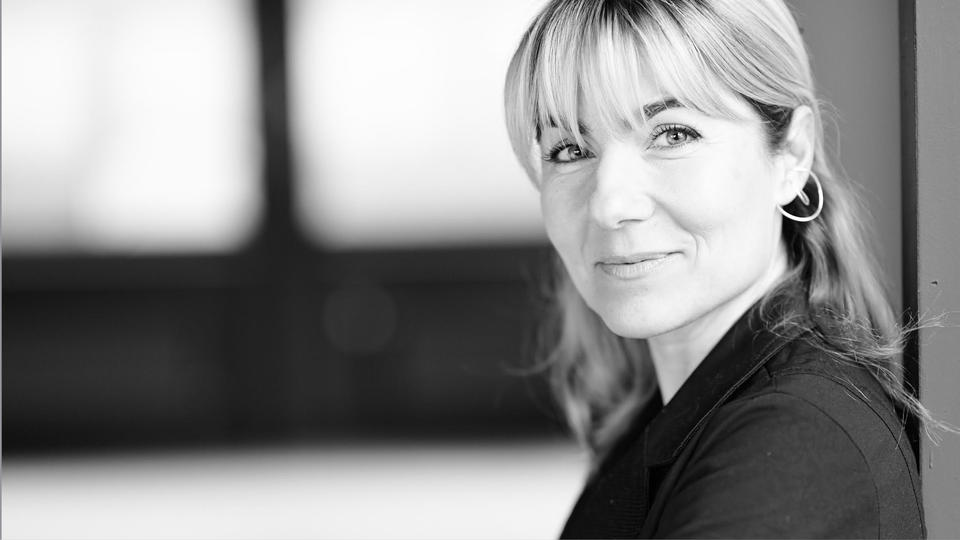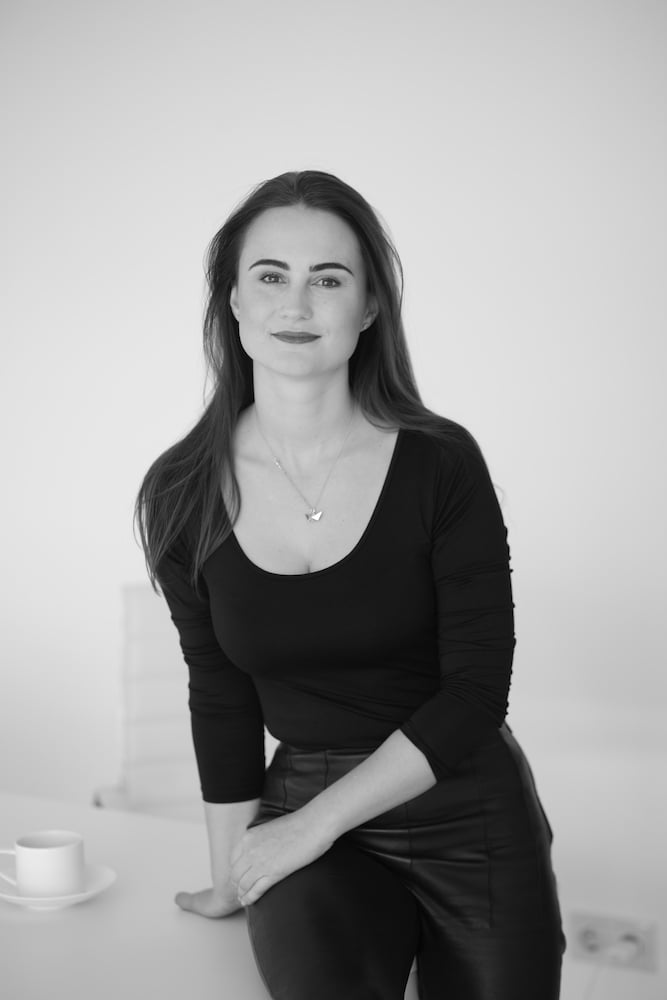People
Katerina Gregos Will Curate the First Riga Biennial, Launching Next Year
The Baltic Region is celebrating an important centennial in 2018.

The Baltic Region is celebrating an important centennial in 2018.

Lorena Muñoz-Alonso

If you thought the Nordic and Baltic regions couldn’t get any busier in terms of art events, think again: Latvia has just joined the pack, and will launch the inaugural edition of the Riga International Biennial of Contemporary Art (RIBOCA) in June 2018.
RIBOCA is an initiative of the Riga Biennial Foundation, a commissioning body founded and directed by Agniya Mirgorodskaya with the aim of championing contemporary art in the region.

Agniya Mirgorodskaya, founder of the Riga Biennial Foundation and commissioner of RIBOCA. Photo courtesy Riga International Biennial of Contemporary.
For each edition of the biennial, a significant proportion of the commissioned and participating artists will either have been born in, or live and work in, the Baltic states of Estonia, Latvia, and Lithuania.
“Our exciting new commissions, in carefully selected sites, will make up over 50 percent of the works included, and a significant proportion of Baltic and Nordic artists will be represented,” Mirgorodskaya told artnet News.
Although the theme and curatorial concept of this first edition won’t be revealed until later this year, the Riga Biennial Foundation has announced that Katerina Gregos will be the chief curator.
In her curatorial work, the Greek-born curator, writer, and lecturer (and former artistic director of Art Brussels) often focuses on themes of human rights and personal histories of migration—issues that could also be featured in the inaugural edition of the Riga Biennial, as 2018 marks the centenary for the Restoration of Independence of Lithuania, Latvia, and Estonia.
The Baltic region will mark the date with a series of cultural events, including the 13th Baltic Triennial which will coincide with RIBOCA.
“We are so delighted to finally announce our plans for the Riga Biennial. One of our primary objectives is to grow and diversify the audiences for international contemporary art—and that the biennial is sensitive to its location in Riga,” Mirgorodskaya told artnet News.